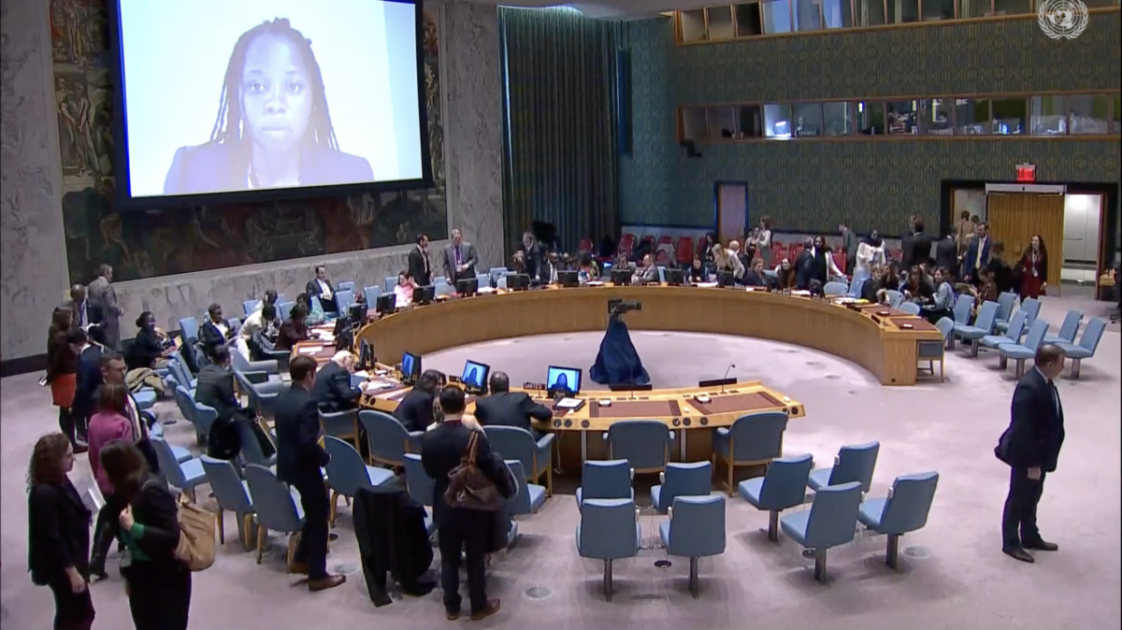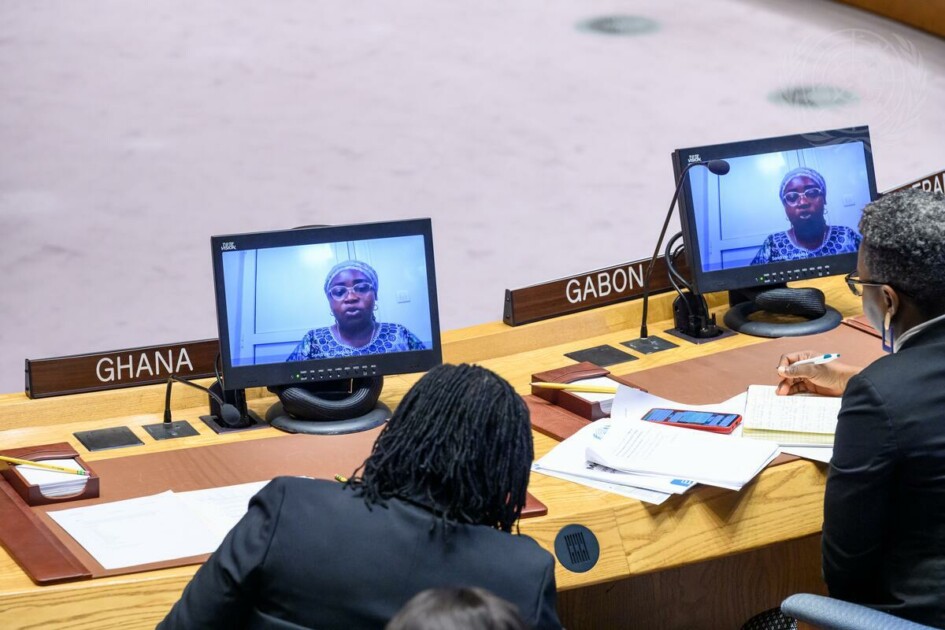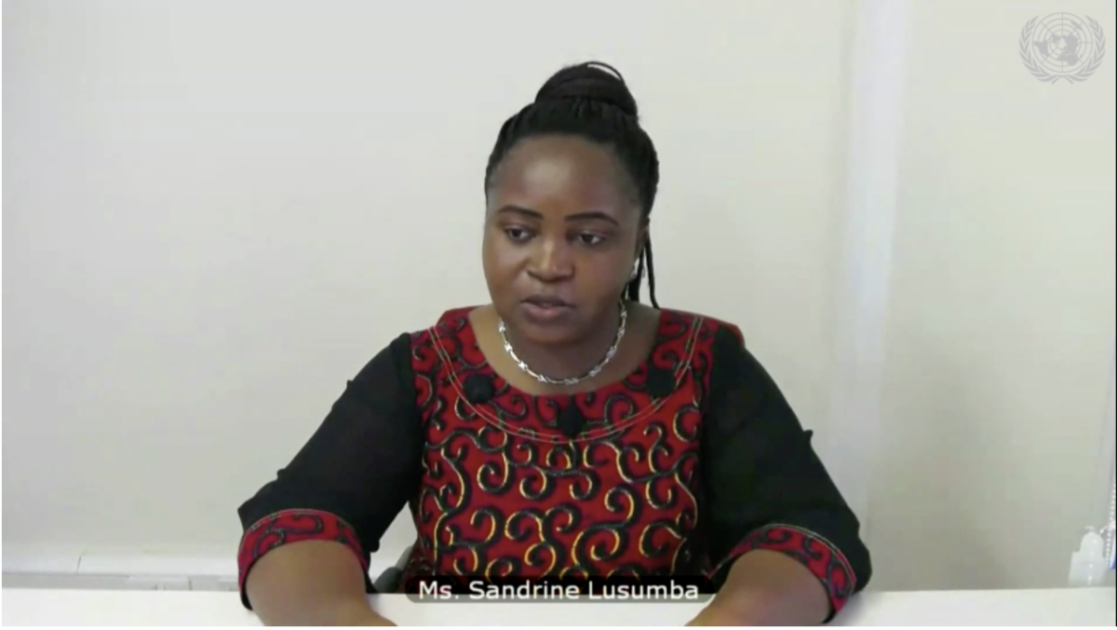Democratic Republic of the Congo
Women in the Democratic Republic of Congo continue to face widespread sexual violence, disease, and displacement in conflict situations arising from clashes between dozens of armed groups. Often, sexual violence and rape are used as terror tactics and weapons of war, and despite the ratification of the Convention on the Elimination of All Forms of Discrimination against Women (CEDAW) and the Women’s Platform for the Peace, Security and Cooperation Framework, women are still largely underrepresented in peacebuilding efforts. Additionally, women activists face rape as a form of torture by government actors who disagree with their political activity. The United Nations Organization Stabilization Mission in the DRC (MONUSCO) aims to provide protection for civilians, including reducing the threat of armed groups perpetrating sexual and gender-based violence, monitoring and reporting on sexual violence and ensuring women’s participation in stabilization and national political dialogue.
Democratic Republic of the Congo
Women in the Democratic Republic of the Congo continue to face widespread sexual violence, disease, and displacement in conflict situations arising from clashes between dozens of armed groups. Often, sexual violence and rape are used as terror tactics and weapons of war, and despite the ratification of the Convention on the Elimination of All Forms of Discrimination against Women (CEDAW), and the Women’s Platform for the Peace, Security and Cooperation Framework, women are still largely underrepresented in peacebuilding efforts.
Additionally, women activists face rape as a form of torture by government actors who disagree with their political activity. The United Nations Organization Stabilization Mission in the DRC (MONUSCO) aims to provide protection for civilians, including reducing the threat of armed groups perpetrating sexual and gender-based violence, monitoring and reporting on sexual violence and ensuring women’s participation in stabilization and national political dialogue.
Current and Past Recommendations to the UN Security Council (Monthly Action Points)
In light of the forthcoming discussion of the December 2018 elections and the broader political situation in the Democratic Republic of the Congo (DRC), the Council must closely follow the ongoing electoral process and push all parties toward a transparent, credible, and peaceful transition of power in the post-electoral period. The final weeks leading up to the election were marked by violence, voter suppression, and violations of candidates’ rights to campaign freely. Incidents involving security forces and provincial authorities, including police shooting live bullets at supporters of the opposition, resulted in repressing the campaigns of two of the main opposition candidates and at least five deaths and multiple injuries to supporters. Other incidents involving clashes between supporters and security forces have threatened to revive inter-community violence, such as was recorded in the Kasai province on 16 December 2018. Armed groups also perpetrated election-related violence across the country. Further, more than one million Congolese were unable to vote due to postponement of voting until March 2019 in Beni, Butembo, and Yumbi. A high level of distrust in political parties and state institutions as well as the current election process has been exacerbated in the last two years by vote slippage and delays in reporting the results. This has led to increased activity by armed groups, demonstrations and violent repression. The DRC government must guarantee the safety of all candidates, including the opposition, their supporters and the wider population. The Council must call on all parties to refrain from hate speech and inciting violence and to ensure credible and fair elections.
Relevant Resources









